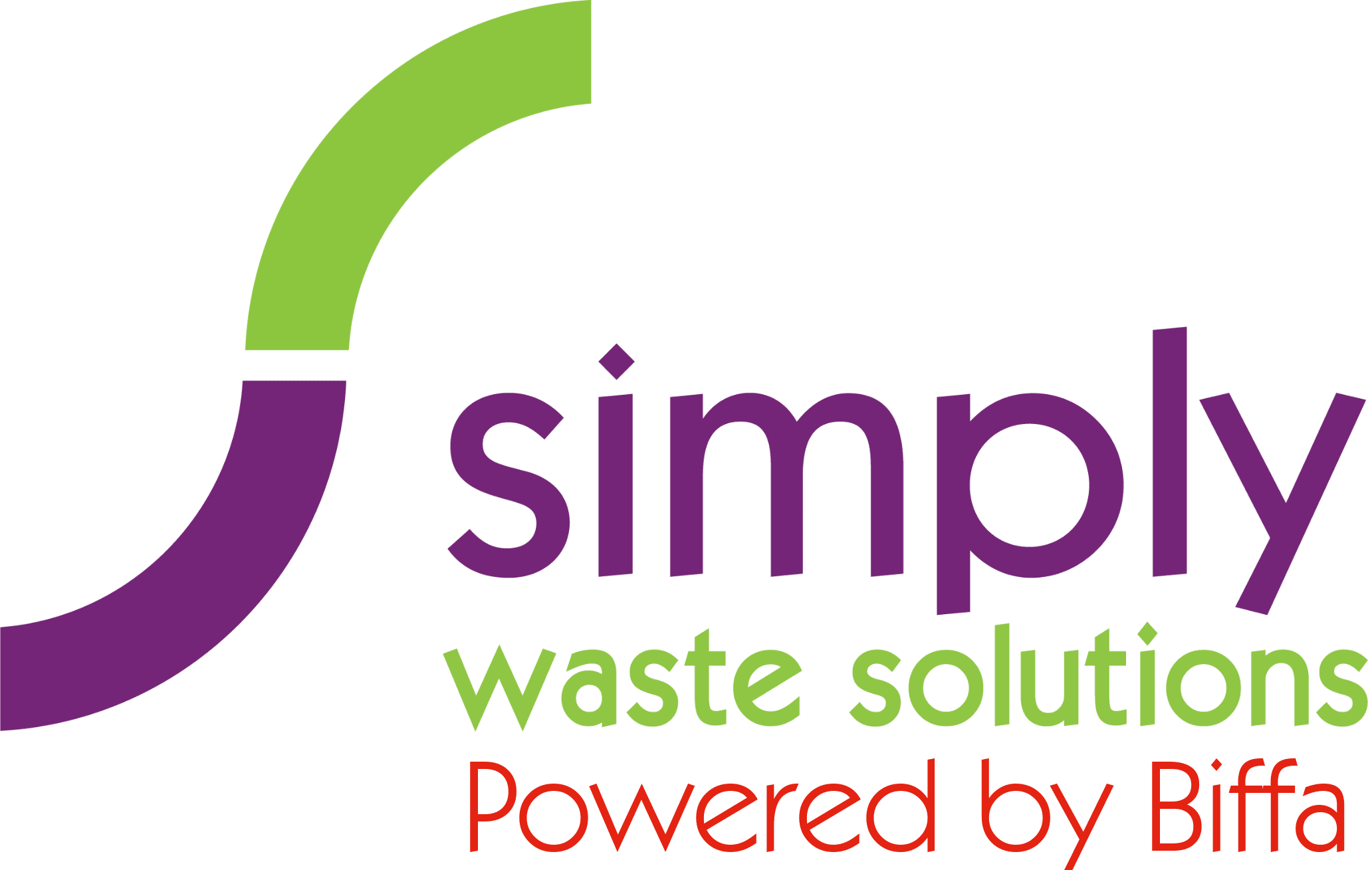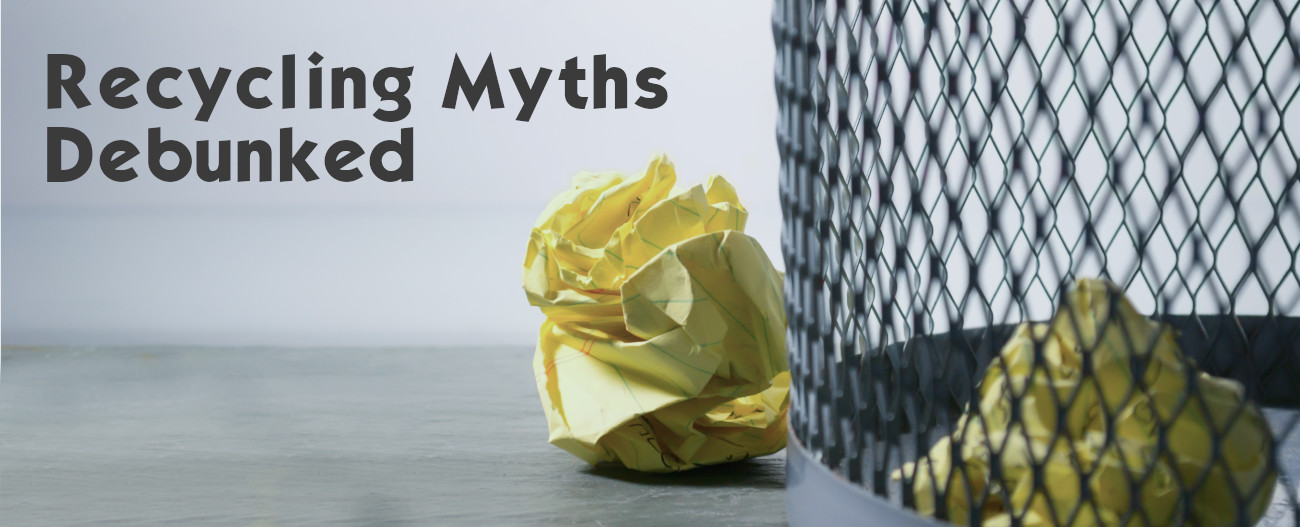Myth 1.
Till receipts are paper and can be recycled.
Most till receipts are printed on thermal paper, a special type of paper that’s coated with a material formulated to change colour when exposed to heat. This coating means that it can not be recycled. In the UK alone it’s reported that we use over 11 billion till receipts every year, that equates to a lot of waste that will end up in landfill or incineration. Many shops now offer e-receipts which is a great move to reduce the amount of printed till receipts. If you do need one, make sure to throw it in the general waste when you’re finished with it.
Myth 2.
Putting everything in the recycling bin is a good way to make sure that everything gets recycled.
Putting materials in a recycling bin that aren’t able to be recycled in that collection will contaminate the load, too much contamination will lead to a whole load of recycling being rejected at the recovery facility. You should find out what materials can be recycled in your bins, both at home and at work as this is likely to be different.
There is often a lot of confusion over why some councils collect different materials to the neighbouring one. The accepted materials largely depend on what the nearest recycling facility is able to sort for recycling – so do check with your local council for domestic collections.
But always follow the motto – if in doubt, throw it out.
Myth 3.
Compostable containers magically disappear into the earth.
According to WRAP, it is estimated that compostable plastic accounts for around 0.5% of consumer plastic packaging in the UK. What you need to think about is where are you throwing it away and what happens what it’s collected.
Most of the plastic products labelled as compostable will only break down in industrial composters because it meets the particular conditions needed.
For industrial composting, there is a standard in place to test products, which sets the criteria for the acceptance of the materials by processing sites. However, the reality is that much of the UK organics recycling infrastructure is not set up to fully treat the compostable plastics that they receive and will remove it as contamination along with other plastics. This is particularly true for food recycling which is usually taken to anaerobic digestion (AD) facilities which very often do not have a composting stage to allow the compostable packaging material to fully break down.
If the material is thrown in general waste it is going to end up in landfill where it will not degrade as the conditions will not be met, or it will end up at an energy from waste facility where it will be incinerated into energy and bare little difference from standard plastic.
If your business needs a waste and recycling contractor who will pass on our advice on best practice and how to reduce what you’re throwing away, please get in contact with us by;

 Sales 03308 285 687
Sales 03308 285 687 